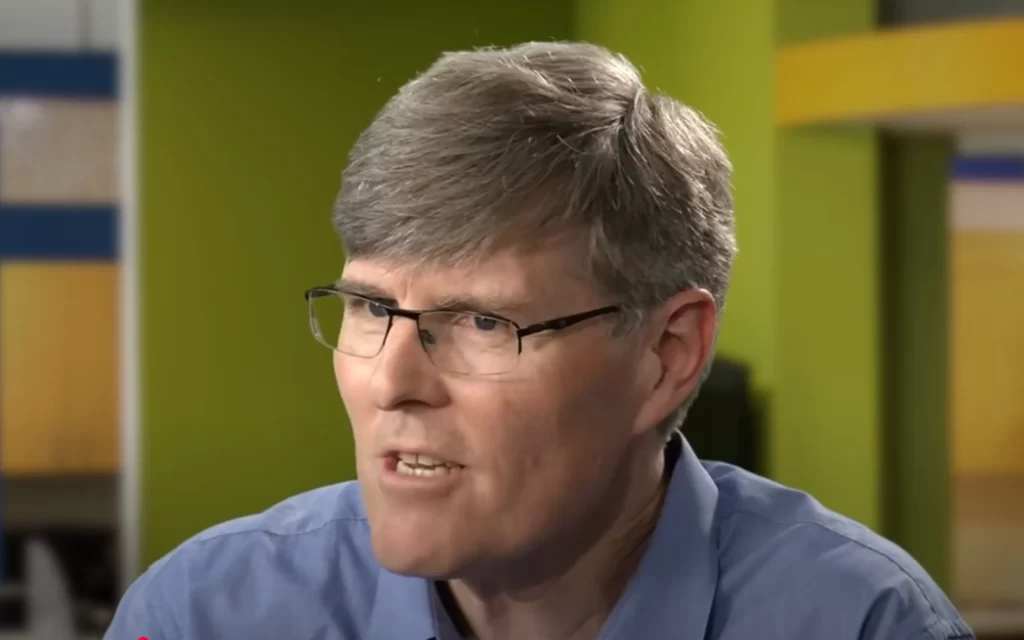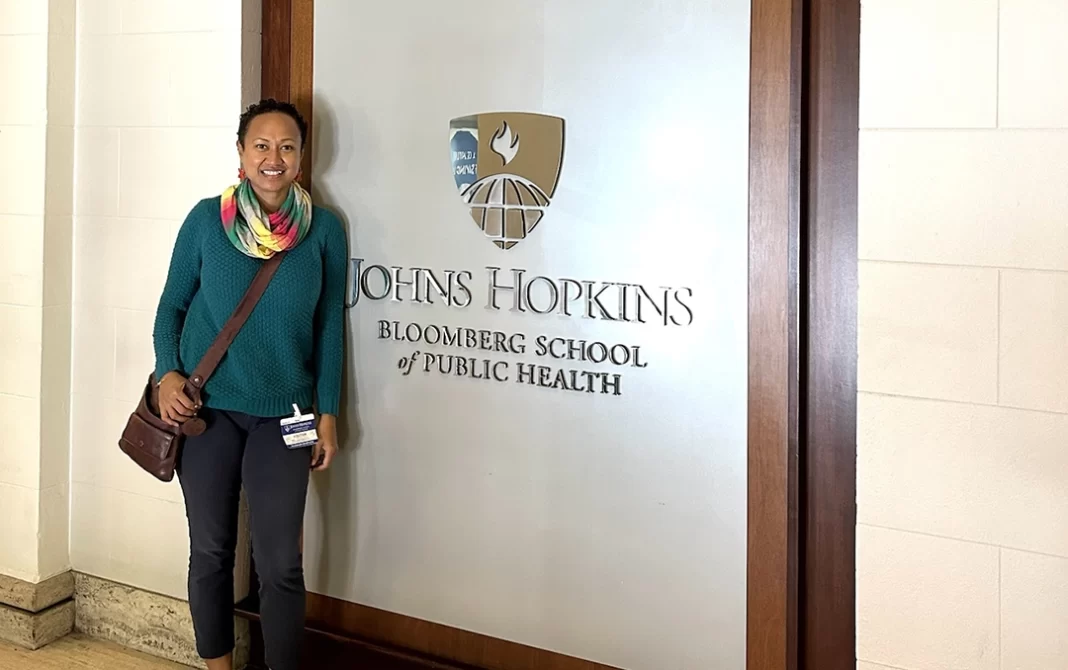Six out of every ten people globally lack access to safe medical oxygen, resulting in hundreds of thousands of preventable deaths each year and reducing quality of life for millions more, an international report co-authored by the University of Auckland has found.
Associate Professor Stephen Howie from the University’s Faculty of Medical and Health Sciences (FMHS) was an adviser to the Lancet Global Health Commission on Medical Oxygen Security and co-author of its report Reducing Global Inequities in Medical Oxygen Access, released on 18 February.
A key finding shows global access to medical oxygen is highly inequitable. Five billion people, mostly from low- and middle-income countries, do not have access to safe, quality, affordable medical oxygen.
Associate Professor Howie, a child health researcher and specialist paediatrician, hopes this work will help save lives and improve health outcomes for children and adults.

The Auckland University team is leading efforts to improve access to medical oxygen. Howie recently delivered a plenary address at the World Lung Health Conference in Bali, outlining the challenges and opportunities in addressing this global issue.
“I have been working in the area of oxygen treatment for oxygen-starved (hypoxic) illnesses for two decades, particularly in Africa and the Pacific. My first priority was children (naturally, as a paediatrician), but we learned soon enough that solving the problem has to involve catering for all ages.
“It is such an obvious need. I saw it at the hospitals I worked at in Africa, where needless deaths from diseases like pneumonia occurred because oxygen supplies were short. This hit families and staff very hard. At that time, we made it our goal that ‘no child should die for lack of oxygen’—and this applies to adults too.”
Fiji’s COVID-19 Crisis and Response
Fiji was particularly hard hit when the first waves of the COVID-19 pandemic arrived, at one point recording the highest COVID-19 infection rate in the world. A close partnership between the Fiji Ministry of Health, the University of Auckland, Cure Kids, and Fiji National University, funded by New Zealand MFAT and other donors, played an important role in supporting the pandemic response, says Howie.
New Lancet Commission Western Pacific Region Ambassador – Dr. Sainimere Boladuadua
On the ground during that time was Dr. Sainimere Boladuadua, a public health medicine specialist, now a doctoral student at the University of Auckland and currently undertaking a Fulbright fellowship at Johns Hopkins University in Baltimore.
Boladuadua (Somosomo, Cakaudrove, vasu i Levuka-i-Yale, Kadavu/Fiji) has also been appointed the Lancet Commission’s Western Pacific Region ambassador and will spearhead advocacy for improving access to medical oxygen in the region.
“I remember those days—the adrenaline was pumping, and it was scary. It was very difficult before the vaccine arrived. We had very little sleep trying to get everything set up,” she says, recalling the period when Fiji was organizing its national response, including setting up field hospitals.
Boladuadua met Howie in Fiji, where he helped lead the Fiji Oxygen Project, supporting the vital work of health leaders like Dr. Luke Nasedra and Dr. Eric Rafai.
“The project was focused on ensuring that all health facilities had access to medical oxygen and the facilities to deliver them. That no child or adult should die for lack of oxygen. It’s such a simple medical therapy that you expect to be available, but often it isn’t,” says Boladuadua.
“The reality was that rural health facilities sometimes had to ration oxygen. If you ran out, sometimes you had to prioritize who gets it and who doesn’t—which is just heartbreaking.”
The Fiji Ministry of Health, supported by the project, was working to fill those gaps when COVID-19 struck. Boladuadua says one silver lining was that the crisis exposed the issue, putting it on the global radar.
“You saw the images around the world—hospitals running out of oxygen in India, family members hauling oxygen cylinders on motorcycles. That really brought the issue to the forefront.”
Research and Advocacy in the Pacific
This experience led Boladuadua to pursue her doctoral studies at the University of Auckland, with Howie as her primary academic supervisor. Her PhD research focuses on improving access to care for children with acute respiratory infections in Fiji, closely linked to medical oxygen supply.
“Respiratory conditions are rising, and pneumonia remains one of the leading causes of death and disease, particularly in children under five across the Pacific and even in New Zealand.”
“Within New Zealand, Pacific children experience a higher burden of acute respiratory illness than children of any other ethnic group.”
Boladuadua credits Professor Cameron Grant, Head of Paediatrics, Child & Youth Health at FMHS, for encouraging her to apply for the Fulbright Scholarship. She is now working with the team at Johns Hopkins University and preparing to present a lecture next month at their School of Public Health:
‘Decolonising Global Health – A Pacific Perspective.’
“What appealed to me about Johns Hopkins is their Centre for Indigenous Health, which works closely with Native American communities. Even though they’re based in Baltimore, their work is deeply embedded in tribal lands, such as with the Navajo and White Mountain Apache peoples in the Southwest US.
“Their research teams are staffed largely by Native American professionals, ensuring community-led health solutions. This approach has inspired me, and I’m eager to bring these ideas back to Aotearoa later this year.”
Boladuadua has also studied how the Indian Health System integrates traditional medicine into modern healthcare, something she sees as highly relevant for the Pacific.
“I wanted to see how traditional knowledge and practices could be used alongside Western medicine. They are doing it so beautifully here. I am learning so much, and it has been life-changing.”





